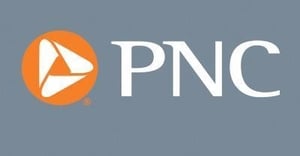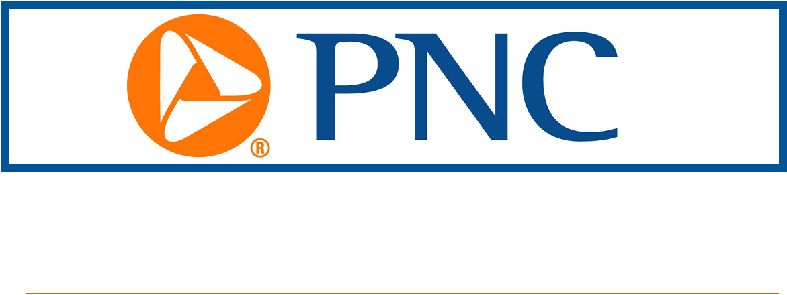
- Consumer spending rose 0.7% in September, with an increase in after-tax income of 0.3%. The strong labor market continues to support consumer spending gains.
- Year-over-year inflation slowed in September but remains well above the Federal Reserve’s 2% objective.
- The most likely outcome is a mild recession in 2024.
Consumer spending rose 0.7% in September from August before adjusting for inflation. Consumer spending growth remains solid in the second half of 2023 with the strong labor market.
Personal income rose 0.3% in September, and after-tax income was also up 0.3%. Wages and salaries increase 0.4% over the month.
The personal consumption expenditures price index rose 0.4% in September, matching monthly inflation in August. The PCE price index, excluding food and energy and the Federal Reserve’s preferred inflation measure, rose 0.3% in September, up from 0.2% in August and the biggest increase since May.
On a year-over-year basis overall PCE inflation was 3.4%, the same pace as in July and August. Year-ago core PCE inflation was 3.7% in September, down from 3.8% in August and a cyclical peak of 5.6% in early 2022. Inflation is slowing, but only gradually and remains far above the Federal Reserve’s 2% objective.
After adjusting for inflation consumer spending was up 0.4% in September, with after-tax income down 0.1%. With spending up more than income over the month, the personal saving rate fell to 3.4% in September from 4.0% in August, and above 5% earlier this year.
The personal income and spending report was a mixed bag. Consumer spending remains sturdy but cannot continue at this pace. Adjusted for inflation spending was up 4% at an annualized pace in the third quarter; this is much faster than the growth in income, and the personal saving rate is falling. At some point consumers will need to slow their spending growth, but for now the strong labor market is supporting gains despite the drag from higher interest rates.
Inflation is gradually moving to the Fed’s 2% objective. With the fed funds rate going from close to 0% in early 2022 to a range of 5.25% to 5.50% currently, monetary policy is restrictive, weighing on economic growth. Higher long-term rates as the Fed reduces the size of its balance sheet are also weighing on growth.
The most likely outcome is that the drag from higher interest rates further intensifies in the near term and the U.S. economy enters into a recession in the next 6 to 9 months. Consumer spending would decline, particularly in interest-rate sensitive industries like autos and housing. But with the labor market remaining strong, there is still a 40% probability that consumer spending holds up and the U.S. economy avoids a recession, albeit with weaker growth next year.
Inflation should continue to decline as the labor market softens somewhat and wage pressures abate. The speed of the slowing in inflation depends on whether there is a recession. If there is a recession, inflation should be back at the Fed’s 2% objective by this time next year. But if economic growth slows, but not falters, then inflation will not get back to 2% until late 2024 or early 2025.
Downside risks to consumer spending include the auto strike, a bigger hit than expected from the end of the deferment on student loan payments, a government shutdown, and higher oil prices due to conflict in the Middle East. An extended auto strike or higher oil prices could add to inflationary pressures in the economy and lead to additional Fed rate hikes.














